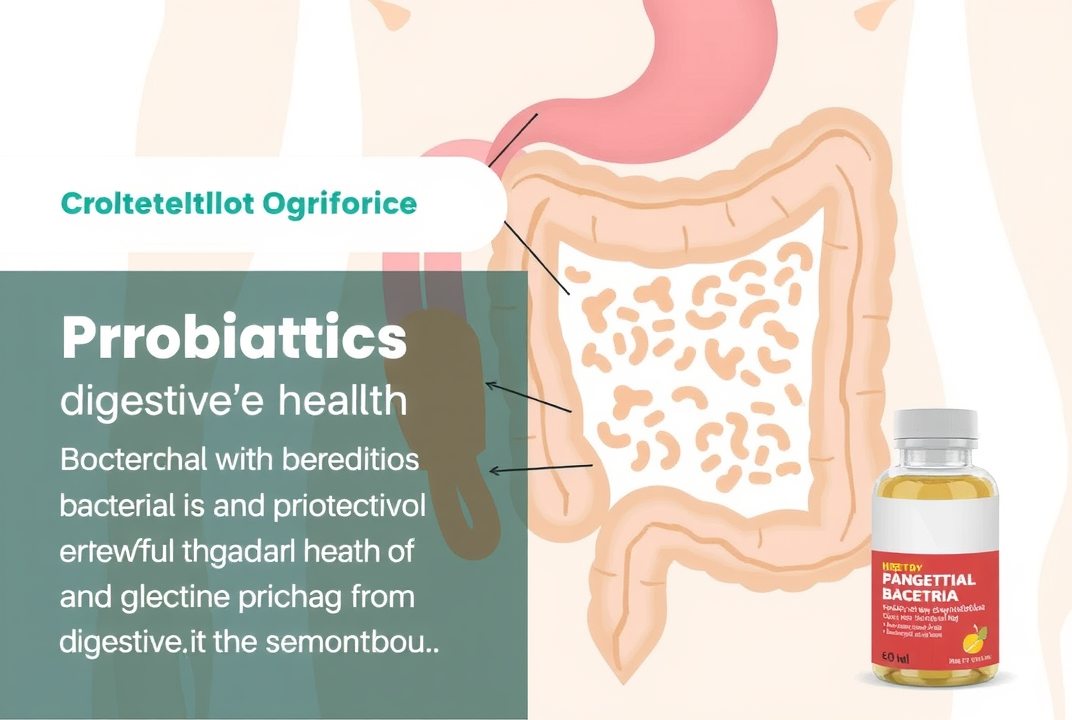Managing Diverticulitis Flare-Ups with Probiotics: A Guide to Relief

Introduction
Did you know that diverticulitis affects approximately 200,000 people annually in the United States alone? This condition, characterized by inflamed or infected pouches in the colon, can be debilitating and discomforting. Recent studies suggest that probiotics, known for promoting gut health, may offer relief to those suffering from a diverticulitis flare-up.
This article explores the role of probiotics in managing diverticulitis symptoms. You'll discover what probiotics are, their benefits for gut health, and how they can specifically help reduce diverticulitis flare-ups. Additionally, we will cover best practices for incorporating probiotics into your lifestyle and potential risks to consider.
Understanding Diverticulitis
Diverticulitis results when small, bulging pouches in the digestive tract, called diverticula, become inflamed or infected. This condition might lead to severe abdominal pain, fever, and digestive disturbances such as constipation or diarrhea.
What Causes Diverticulitis?
Though the exact cause is unknown, a low-fiber diet is often linked to the development of diverticulitis. Other factors include age, obesity, smoking, and lack of exercise.
Signs and Symptoms
Common symptoms include pain typically in the lower left abdomen, fever, nausea, and changes in bowel patterns. Early detection and management are essential to prevent complications.
The Role of Probiotics in Gut Health
Probiotics are live microorganisms, primarily bacteria, that offer health benefits when consumed in adequate amounts. They are often found in fermented foods and supplements.
Benefits of Probiotics for Digestion
-
Enhancing Gut Flora: Probiotics help maintain the balance of beneficial bacteria in the gut, which is crucial for digestion and immune function.
-
Reducing Inflammation: They can moderate inflammation in the digestive tract, reducing symptoms related to various gut disorders.
How Probiotics Help with Diverticulitis
Probiotics may reduce the frequency of diverticulitis flare-ups by:
-
Improving Gut Barrier: They strengthen the gut lining, reducing the risk of bacterial invasion and infection.
-
Modulating Immune Response: Probiotics may calm the immune response known to exacerbate diverticulitis.
Incorporating Probiotics into Your Diet
Incorporating probiotics into your diet can be straightforward and effective.
Food Sources
-
Yogurt: A common and accessible source of probiotics beneficial for daily consumption.
-
Kefir: A fermented beverage rich in probiotics, supporting extensive gut health.
-
Sauerkraut and Kimchi: Fermented vegetables that provide a robust probiotic punch.
Probiotic Supplements
When food sources are not sufficient, supplements can be an alternative. Look for multi-strain formulations that contain proven strains like Lactobacillus and Bifidobacterium.
Considerations for Probiotic Use
While probiotics are generally safe, they aren't for everyone.
Potential Side Effects
Some individuals may experience mild digestive upset initially, such as gas or bloating. These symptoms typically subside with continued use.
Consultation with Healthcare Providers
Before starting probiotics, especially if you are immunocompromised or have underlying health conditions, consult with a healthcare professional.
Conclusion
Probiotics present a promising option in managing the symptoms of diverticulitis flare-ups. By enhancing gut flora and reducing inflammation, they offer a natural approach to improving digestive health. Consider incorporating probiotics into your diet through food or supplements, while being mindful of individual health factors.
For individuals aiming to boost their gut health and manage diverticulitis symptoms effectively, adding probiotics could be a step towards relief. Always discuss with your healthcare provider to tailor strategies that fit your needs.
Next Steps
-
Evaluate Your Diet: Look for ways to incorporate more probiotic-rich foods daily.
-
Consult Professionals: Gain personalized advice from a nutritionist or doctor.
-
Monitor Your Symptoms: Keep track of any changes in your symptoms after starting probiotics.
Taking these proactive steps, you may find improved comfort and digestive health over time.